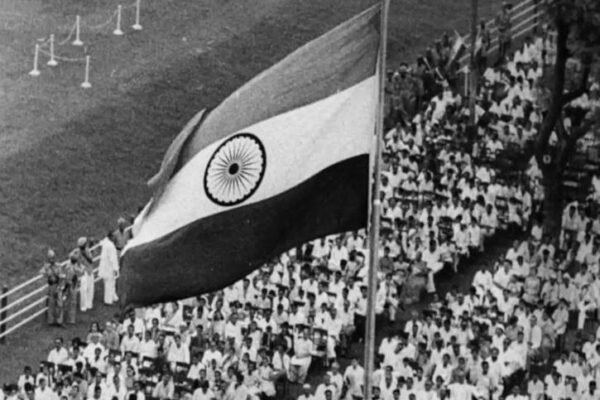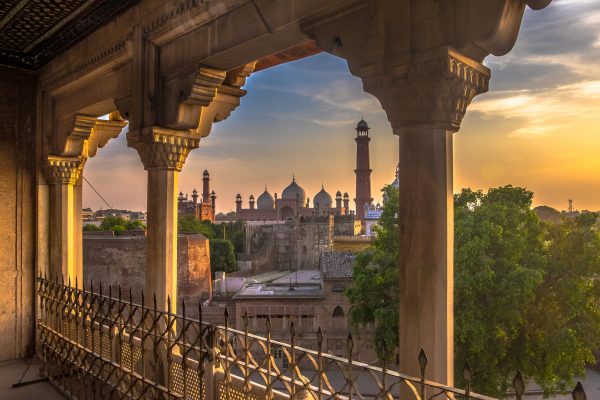Journalists are struggling to make ends meet, with Indian authorities filing police cases against social media users for using a VPN to circumvent the ban.
Journalists are struggling to make ends meet, with Indian authorities filing police cases against social media users for using a VPN to circumvent the ban.
Kashmir’s communication shutdown is having a crippling effect on ordinary Kashmiris.
In August, Modi’s ruling Bharatiya Janata Party (BJP) revoked Article 370 and therefore removed the autonomous powers that the region had benefitted from since the article came into effect in 1949.
The day before, the government implemented a shutdown on landline, mobile and internet services in Kashmir. Due to the internet shutdown, it has been reported that telecom companies have lost over 1.4 million subscribers in Kashmir.
The government then eased the lockdown in January, restoring limited broadband and 2G services in certain areas. However, mobile internet and social media is still largely blocked, and locals are continuing to suffer from the restrictions.
Struggling journalists
Journalists are finding it difficult to maintain a livelihood amidst this blockade in Kashmir, highlighting the widespread suffering felt from the Indian government’s harsh sanctions.
Muneeb ul Islam, a photojournalist in the region, is finding it impossible to make ends meet by pursuing his career. He had tried to use his own money to fund stories, but soon ran out of capital. He also tried to file his stories via a landline phone, by reading them aloud for someone to type it out on the other end. However, the cost of searching for hours to find a working landline for hours was not sustainable.
Islam finally gave in and started work carrying bricks on a construction site for 500 rupees a day.
Other journalists have also been suffering. One reported that he now plans to work on a dairy farm, having quit journalism in August when the shutdown began. Another complained that he does not have enough money to pay for petrol for his motorcycle, let alone provide for his family.
Basheer Manzar, the editor of Kashmir Images, laments that his reporters are not able to file stories. His website is struggling, because most of his readers in Kashmir do not have access to the internet. He states plainly:
I know what is happening in New York through news on the TV, but I don’t know what’s happening in my hometown.”
Police case filed against VPN users
Furthermore, authorities in the region have filed a police case against social media users for using a virtual private network (VPN) to circumvent the ban. A VPN allows the user to route the internet through a private server, so that they can access websites which are locally blocked.
A first information report has been issued against certain anonymous users under the Unlawful Activities Prevention Act, or UAPA. The penalties under the Act can include jail time for months without bail.
The police have said that the FIR had been filed against those spreading “secessionist ideology and promoting unlawful activities”.
Those users who had been using VPNs are rightly concerned at the news. Many have deleted the VPNs in response. Others have alleged that their phones have been checked by security forces to delete the servers from their phones.
However, others remain defiant. Adil Altaf, a 37 year old businessman, commented:
They go on blocking, I will go on shifting to other VPNs”.
As Kashmiris, both journalists and citizens, continue to suffer under the sanctions and lockdown tactics of the Indian government, it remains to be seen for how long Modi’s growing Hindu nationalist government will continue to move with impunity.





